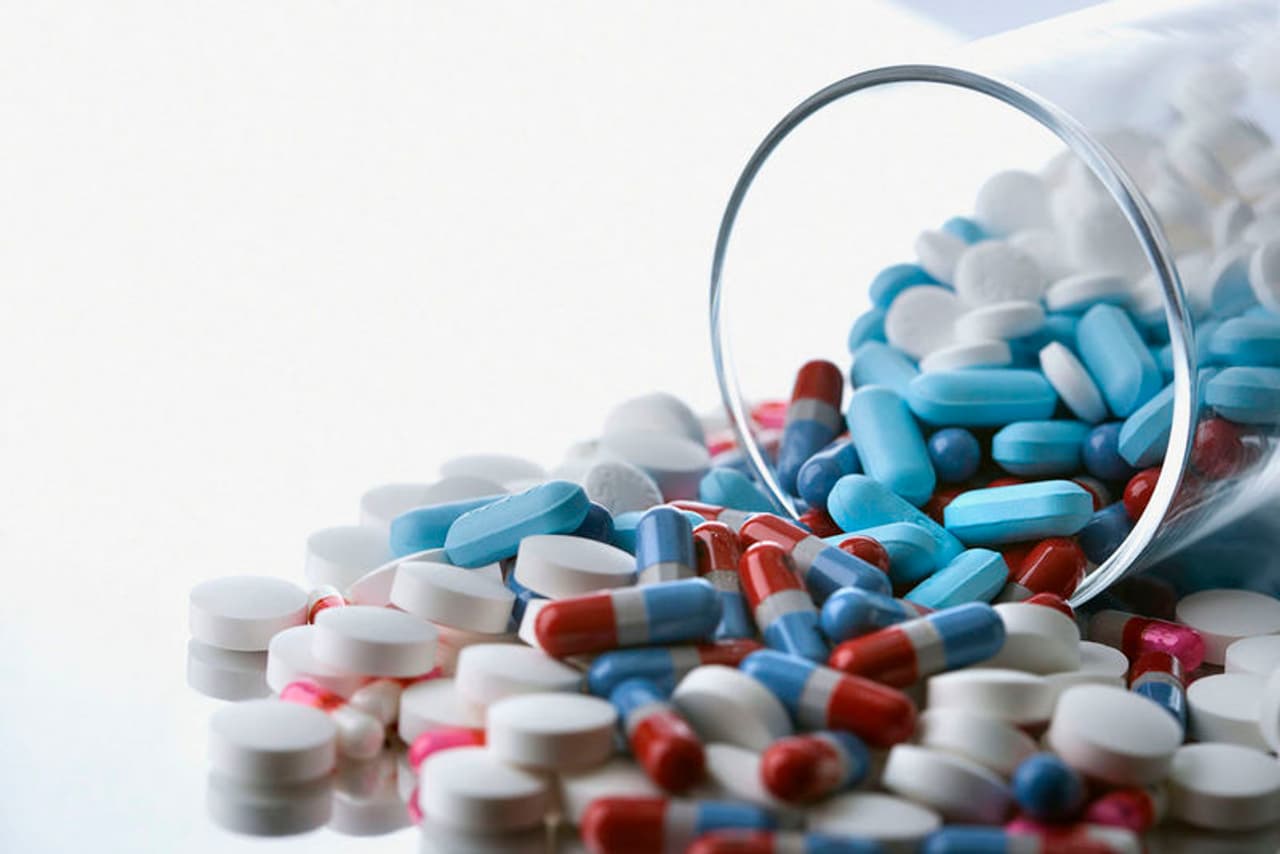
Old Treatments, New Tricks: Multiple Sclerosis
In an analysis piece, the Bureau argued that there should be more research into Multiple Sclerosis treatments. At present, there are a number of generic drugs that have shown promise in initial MS trials.
However, none listed below have completed Phase III level of trialing. This phase of trial aims to be the definitive assessment of the drug’s effectiveness and so would be expected if the drug was to become an accepted standard treatment.
It is acknowledged that there are some inherent difficulties in reading too much into early stage trials, notably with animal models or small test groups. However, the lack of funding to take these trials to include a larger number of MS sufferers means that this is the only proof often available.
As such the data below still reflects as yet unproven treatments.
VITAMIN D
There is considerable evidence linking people lacking vitamin D and those at higher risk of developing MS. Despite this, there has been no major trial looking at MS disease progression and vitamin D supplementation. In preventative terms, some work has been done. One study showed women taking supplemental vitamin D had a 40% lower risk of developing MS than women not taking vitamin D.
But in terms of treating patients with a diagnosis, little has been done on a large scale, despite there being a compelling case for such a study to be undertaken. There have been some studies that, looking at a six month supplementation with vitamin D3, produced an increased vitamin D status and serum TGF-β1 in the blood tests of MS patients. A tiny study showed that only 16% of 25 people with MS given an average of 14,000 international units (IU) of vitamin D a day for a year suffered relapses.
In contrast, close to 40% of 24 MS patients who took an average of 1,000 IU a day — the amount recommended by many MS specialists — relapsed. Also, people taking high-dose vitamin D suffered 41% fewer relapses than the year before the study began, compared with 17% of those taking typical doses. Another study into pediatric MS has demonstrated an additional 2,000 international units of vitamin D supplementation a day, could theoretically cut a patient’s relapse rate in half.
In one two-year study of a course of treatment with vitamin D and calcium, 10 patients with MS had a 60% reduction in the predicted number of relapses, but there was no control group. In another uncontrolled study, 15 patients who received Vitamin D supplements for 48 weeks experienced a 50% reduction in relapses. Lastly, a Canadian team recently demonstrated that the use of high doses of vitamin D3 during a long period (6 months–1 year) showed a 41% reduction in the number of relapses and a significant improvement in disability scores was observed in the treated patients. The authors concluded that this provided ‘ample justification for much more extensive therapeutic trials’.
There have been some concerns that taking Vitamin D might result in hypercalcemia. However, some initial research has shown that vitamin D intake beyond the current upper limit is safe by a large margin, although this was not for a prolonged period of time.
MINOCYCLINE
Minocycline, a relatively cheap, readily available and well-tolerated tetracycline antibiotic has shown potential for the treatment of MS. In small trials it has been shown to have reduced MS lesions by as much as 84%, reduced annualized relapse rates from an average of 1.2 a year to 0.25 a year, and found only one in 40 people with MS on the drug having active lesions (and that person was on half-dose).
FUMARIC ACID ESTERS
Fumaric acid esters (FAE) have also been shown to have some effect on people with Relapse Remitting Multiple Sclerosis. It seems that by detoxifying radicals released during the inflammation process, FAE protects nerve and glial cells. In one trial, FAE produced significant reductions in the number and volume of lesions and improved disability scores. In this, treatment with FAE reduced by 69% the mean total number of new lesions compared with placebo.
PARASITIC INFECTION
There is also evidence that parasite infection is correlated with a reduced number of exacerbations and altered immune reactivity in multiple sclerosis. In one Argentinian analysis, conducted over almost 5 years, doctors looked at MS sufferers who happened to have an infection with parasites compared to MS sufferers who did not. The parasite-infected MS patients showed a significantly lower number of exacerbations, minimal variation in disability scores, as well as fewer magnetic resonance imaging changes when compared with uninfected MS patients. And in a recent Phase 1 study of pigworm eggs, the number of new lesions showing up on MRI scanning fell from an average of 6.6 to 2.0. After the pigworm doses were discontinued, the mean number of lesions rose from 2 to almost 6. There is an ongoing Phase II study at Nottingham University, funded by the British MS Society, into whether infecting MS patients with helminths could provide a simple, cheap, natural and controllable treatment for the debilitating condition.
LIPOIC ACID
Lipoic acid (LA) is an antioxidant that suppresses and treats and disease similar to MS in mice. It’s antioxidant properties amongst other benefits, make it a contender for a therapeutic alternative for multiple sclerosis. One study has shown that a dose of 1200 mg oral lipoic acid can achieve beneficial changes in serum levels in patients with multiple sclerosis, by increasing the ratio of Th2 to Th1 cytokines in circulating cells. But the study showed no evidence in terms of relapse rates or disability progression.
LOW DOSE NALTREXONE (LDN)
One small trial showed that this drug, that is also used in higher quantities as an opiate antagonist to treat recovering drug addicts, showed that LDN was associated with significant improvement in mental health quality of life measures. Another small trial in people with primary progressive multiple sclerosis showed that there was a ‘significant reduction of spasticity’ in patients.
To be kept up to date on this and other stories from the Bureau, please subscribe to our newsletter by clicking here.
If you know of any other drug that has shown promise for MS please add this to the comments below and we will incorporate the most convincing arguments into this article.




